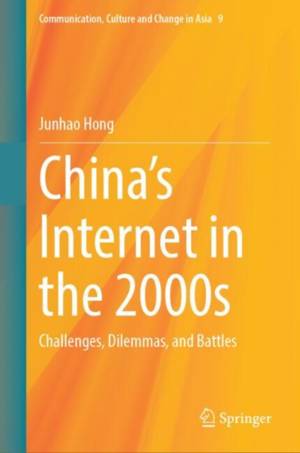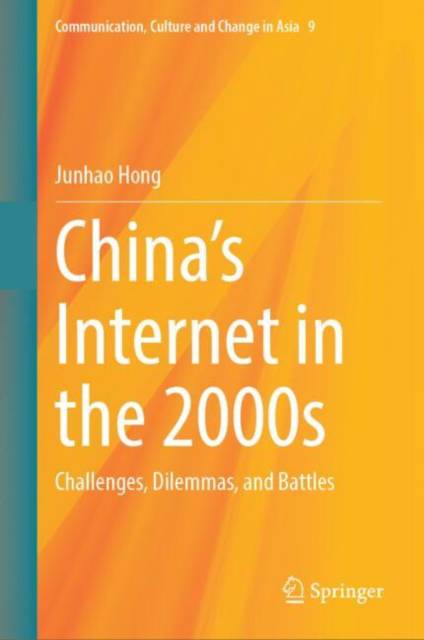
- Afhalen na 1 uur in een winkel met voorraad
- Gratis thuislevering in België vanaf € 30
- Ruim aanbod met 7 miljoen producten
- Afhalen na 1 uur in een winkel met voorraad
- Gratis thuislevering in België vanaf € 30
- Ruim aanbod met 7 miljoen producten
Zoeken
Omschrijving
This book exposes the ongoing tug of war between the communist party's authoritarian state power and the new networked society in the cyber space, which has been a critical centerpiece in the Chinese authorities' struggle to stay in power. The book examines the history, current situation, distinct technological means and political/legal regulations/restrictions for Internet control, unique characteristics, and the implications of their influences on the political change and social transformation of China. It illuminates the fierce competition between the communist party/authoritarian state and the new networked Chinese society by looking at how Chinese netizens make every possible effort(s) to gain access to the Internet for truth so as to make their voices and views heard. It investigates how the Chinese authorities use whatever possible technological means and political and legal regulations and restrictions to prevent that from happening. Exploring and providing in-depth analyses ofhow this new 'civil war' has been affecting and changing China's political system, the ruling communist ideology, the public's access to information as well as the expression of the public's discourse and their opinion, the author considers the impact that this battle will have on the country's future. It is relevant to policymakers and analysts in both business and government sectors, as well as scholars and research students with an interest in Asian Studies, Chinese Studies, communication, new media, political science, and sociology.
Specificaties
Betrokkenen
- Auteur(s):
- Uitgeverij:
Inhoud
- Aantal bladzijden:
- 173
- Taal:
- Engels
- Reeks:
- Reeksnummer:
- nr. 9
Eigenschappen
- Productcode (EAN):
- 9789819799541
- Verschijningsdatum:
- 12/02/2025
- Uitvoering:
- Hardcover
- Formaat:
- Genaaid
- Afmetingen:
- 156 mm x 234 mm
- Gewicht:
- 435 g

Alleen bij Standaard Boekhandel
+ 427 punten op je klantenkaart van Standaard Boekhandel
Beoordelingen
We publiceren alleen reviews die voldoen aan de voorwaarden voor reviews. Bekijk onze voorwaarden voor reviews.








